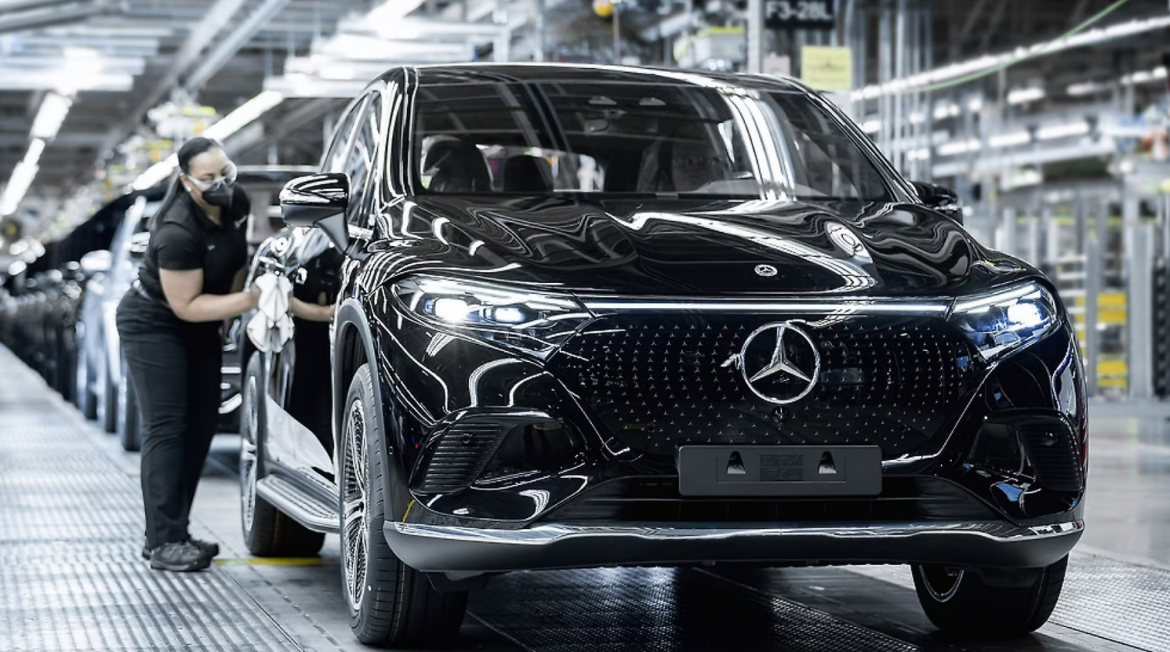Workers at a Mercedes Benz factory in Vance, Alabama, have filed a petition with U.S. regulators to hold an election to join the United Auto Workers (UAW), the union announced on Friday. This move marks a significant development in the ongoing efforts to unionize employees at non-union automakers across the United States.
Election petition and hearing
The SUV plant in Alabama is the second to file an election petition with the National Labor Relations Board (NLRB) in recent weeks, following earlier reports that Mercedes workers would take this step. The NLRB plans to hold a hearing on April 15 unless the parties involved agree on an election schedule.
Union support and expectations
The UAW stated that a “supermajority” of the 5,200 eligible Mercedes workers at the plant, along with those at a nearby facility in Woodstock, Alabama, have signed cards expressing their desire to join the union. The UAW hopes for a vote to take place by early May.
Company response
A spokesperson for Mercedes-Benz acknowledged the right of employees to choose whether to unionize and expressed the company’s commitment to participating in the election process. They emphasized the importance of ensuring that workers have access to accurate information to make an informed decision.
Organizing efforts across the industry
These elections come after months of organizing efforts at numerous non-union automakers, including those owned by foreign companies such as Hyundai Motor and Toyota Motor, as well as electric vehicle (EV) manufacturers like Tesla and Rivian.
UAW’s strategic goals
The UAW’s pursuit of unionization at non-union automakers aligns with its broader goal of expanding its membership. President Shawn Fain has pledged to achieve what the labour group has attempted but failed to accomplish in previous decades: unionizing a new automaker.
Political landscape and support
The UAW’s efforts coincide with favourable political support, particularly from the White House. President Joe Biden has openly backed UAW’s initiatives to organize nonunion automakers, demonstrating a political alliance with the labour group.
Challenges and opposition
However, unionization efforts have faced challenges, as seen in previous attempts at plants owned by companies like Volkswagen and Nissan. Union officials have raised concerns about alleged retaliation and obstruction by automakers against organizing efforts, leading to legal filings and disputes.
Mercedes response and allegations
Mercedes-Benz responded to some of the union’s allegations, stating that they are inaccurate. The company reiterated its recognition of employees’ rights to organize while addressing accusations of violating Germany’s new law on global supply chain practices.
The petition filed by workers at the Alabama plant underscores the ongoing push for unionization in the automotive industry, with implications for labour relations and workplace dynamics.



